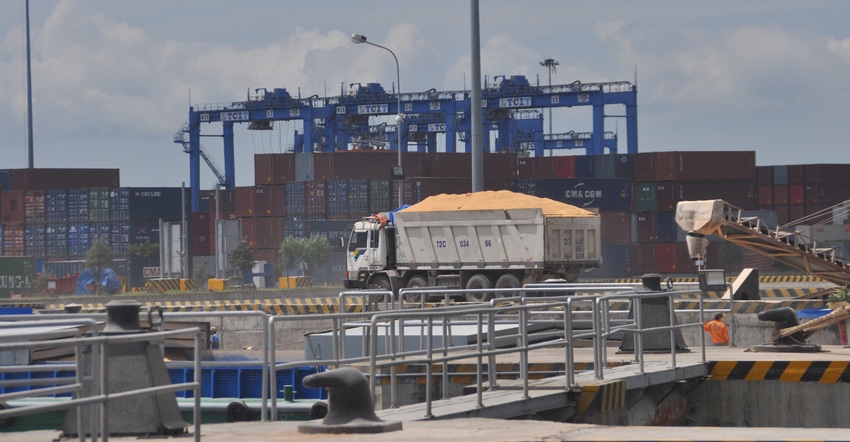September 6, 2019

Who is winning the trade war? The U.S. or China?
Though much can be debated regarding the question, there may be little doubt that as in any battle, there are many casualties along the way. If history offers any insight, it is this: People, and nations, will get hurt in a trade war.
Before we look at the impact on agriculture, let’s review some reports on the numbers. In an article published by Bloomberg back in May 2019, co-written by Enda Curran, Lauren Leatherby and Alexandre Tanzi, they were calling it a mixed bag, for the moment.
In the U.S.’s favor, the trade deficit was the narrowest in three years in March. On the other hand, China scores on inflicting pain via the consumer price index, as Americans feel more of the sting of import taxes.
Increasing prices, though not rising dramatically as of May 2019, is beginning to be felt, especially in the tariff-targeted goods; soybeans, gold, copper waste, paper waste, liquefied natural gas, cotton and liquefied propane. The impact will likely broaden as further products feel the sting of subsequent tariffs, just recently ordered. Score one for China.
Consumer confidence ended in a draw, with equal impacts reflecting a tight labor market and higher wages, while retail sales growth fell for the second time in three months. Not surprisingly, China reports similar pressures as well.
In the currency sector, both economies are pretty much a draw as well, with the Yuan weakening about 7.5% against the dollar in the past year. Chinese exporters benefit from this as a cushion against the tariff’s effect. The key is how far the Chinese will allow further weakening of the Yuan, which may trigger pressure to move money out and force them to burn through cash reserves.
The U.S. gets the nod in equity markets as the Shanghai Stock Exchange fell 25%, nearly four times the drop in the S&P 500 in 2018. As of the date of the article, Chinese stocks are down 14% while U.S. share prices were up about 6%.
Year on year GDP growth slowed in both economies, yet China’s growth rate slowed further than the U.S. However, keep in mind China’s GDP growth rate is more than double of the U.S. rate, meaning it is still expanding much faster, regardless of the trade war’s negative effects. Even so, they give this one to the U.S.
Foreign direct investment by China in the U.S. has fallen more than 80% to $5 billion, from $29 billion in 2017. U.S. investments in China dropped to $13 billion, down $1 billion from 2017. Score one for China.
Looking at agriculture, American farmers have been on the virtual front lines of this trade war, even before it began. Billions of dollars in commodity value have evaporated as the war heats up. It is no longer a guessing game to determine the economic impact this has on rural communities.
The numbers are real and will continue to impact us for a long time to come. Lost income is real. Farm bankruptcies are real and going up. Farm-related suicides are up. When this war is over, the rural landscape may never be the same again.
Looking to the future, American agriculture may be forced to retool for a new reality where we will not remain as the dominant powerhouse we are today. Brazil, with the help of Chinese investments in infrastructure and strategic assets, are on course to expanding productive capacity which will ensure its place as the premier agricultural giant for the next century. It is no longer a question of if, but when.
Although we appear to have an edge on the score card, the battle may not be over for quite a while. Much like the trade embargos of the past, we will face the stark reality where we have helped our competitors to not only gain a foothold on the world’s stage, but through a lack of strategic forethought, we have given them the keys to the playing field.
Penner is a Marion County farmer and past president of the National Association of Wheat Growers. His email is [email protected].
About the Author(s)
You May Also Like




